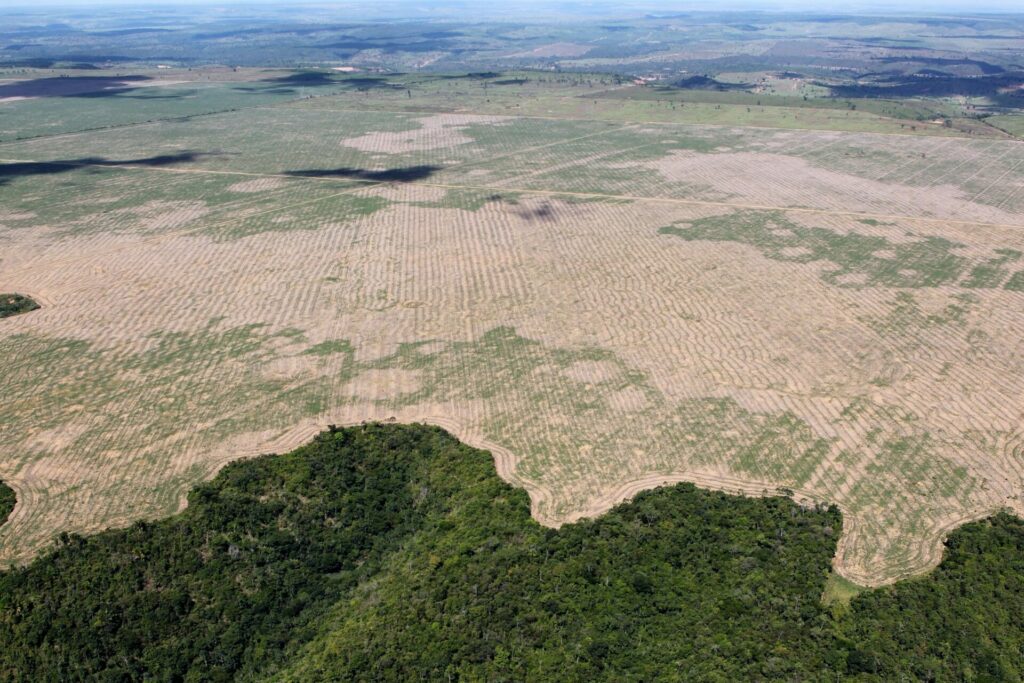Products such as chocolate, coffee, wood and rubber will not be allowed entry into the European Union if they are linked to deforestation, according to a text approved on Wednesday by a broad majority in the European Parliament.
Under the regulation, which aims to fight climate change and preserve biodiversity, products from livestock, cocoa, coffee, palm oil, soy, wood, rubber, charcoal and printed paper will be banned from entry into the EU if they come from land deforested after December 2020.
Imports into the EU, particularly soy and palm oil, account for 16% of global deforestation (2017 figures), making Europe the second largest destroyer of tropical forests, behind China, according to the World Wildlife Fund (WWF).
First law against imported deforestation
MEP Pascal Canfin (Renew, Liberals) welcomed the bill during debates in the European Parliament on Monday evening, noting that it was the “first law in the world that will put an end to imported deforestation.”
“All the opinion polls show that Europeans do not want to contribute to deforestation, but they had no way of knowing, when they have a cup of coffee in the morning or a cup of chocolate, that they are in fact complicit with imported deforestation,” he said.
Greenpeace qualified the scope of the text, saying “it is only a first step.” For the NGO, the regulation has “flaws;” for example, it excludes ecosystems such as savannahs and fails to target European banks that finance projects that destroy forests.
MEP Marie Toussaint (Greens) saw it, during Monday’s debate, as a “huge step forward for the world’s forests, climate and biodiversity but also human rights and the regulation of an economy that has gone mad.”
Text needs to be broadened, Greens say
However, she said it was “essential that this text is broadened to have an impact on fragile ecosystems such as mangroves, to include other products such as maize or to integrate the financial actors who finance many projects leading to deforestation.”
During the debate, rapporteur Christophe Hansen (EPP), acknowledged that the text was “not perfect,” which was why, he said, three revisions have been planned: after 1 year, 2 years and 5 years. Perfection will be for tomorrow, he said.
The text was approved by an overwhelming majority: 552 votes for, 44 against and 43 abstentions. Once validated by the European Council, it will give companies 18 months to comply. In the meantime, the Commission will assess whether other products or ecosystems should be added to the list.

